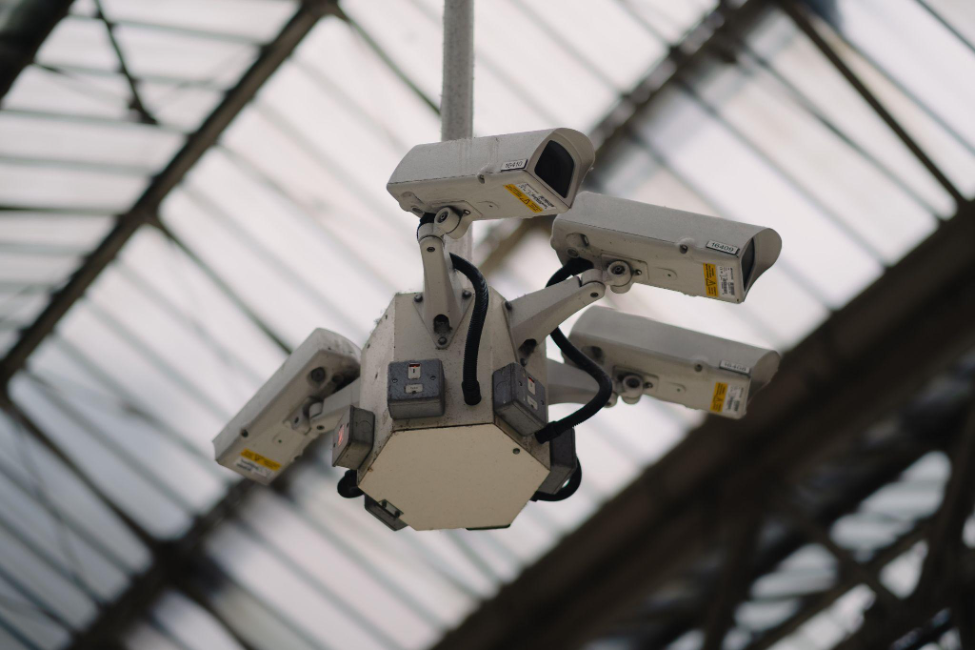Businesses are always looking out for better ways to combat security threats. Though ever-growing technology has introduced potential security solutions, it is difficult for newbies to select what they want. For example, when it comes to security cameras a major query is whether to go for analog or digital cameras.
Almost 95k businesses were robbed in Mexico in 2020 alone. Keeping in view the security threat, you might need a security system. Besides, you might be a functional business with analog security cameras looking forward to replacing them with better options. Whatever situation you are in, all you need to decide between analog or digital cameras is a little insight into each option.

Analog Security Cameras
Analog security cameras, otherwise called traditional security cameras, send their recorded footage to a DVR. The digital video recorder converts the received data into digital signals and then stores it after compressing it. You have to connect the recorder to monitors to watch the recorded video.
Advantages
- It is affordable and comes with a user-friendly interface.
- It doesn’t need higher bandwidth, which means these cameras will not be a burden on your system.
- You can find a variety of options.
Disadvantages
- Analog cameras come with a lot of cables.
- The image quality is nowhere near satisfactory. Also, there is no zoom option.
- The coverage area and positioning options are limited.
- Analog signals cannot be encrypted, which means there is always a chance of a breach.
Digital Security Cameras
Digital cameras, also known as IP-based cameras, don’t need any conversion of signals. As the name suggests, these security cameras record digital signals. Also, digital security cameras can send the data directly to computers without having to pass through a DVR first.
Though it might seem the most advanced security solution for your business, digital security cameras have their own pros and cons.
Advantages
- The image quality is excellent, and you can also zoom into the footage.
- The coverage is wider than analog cameras.
- As compared to analog cameras, few cables are needed. Also, you don’t have to limit your camera within the diameter of the DVR, as they can work wirelessly.
Disadvantages
- You might need an advanced computer network to set up digital cameras.
- They are expensive (A LOT)
- Your internet connection must be good enough, as they require higher bandwidth.
- You need extra storage to accommodate the high-quality CCTV footage.
Final Verdict
Though both these options have their own consequences, hybrid solutions are available in the market. So, you don’t have to choose analog or digital cameras. Also, you can contact credible platforms like Praetector for expert advice.
